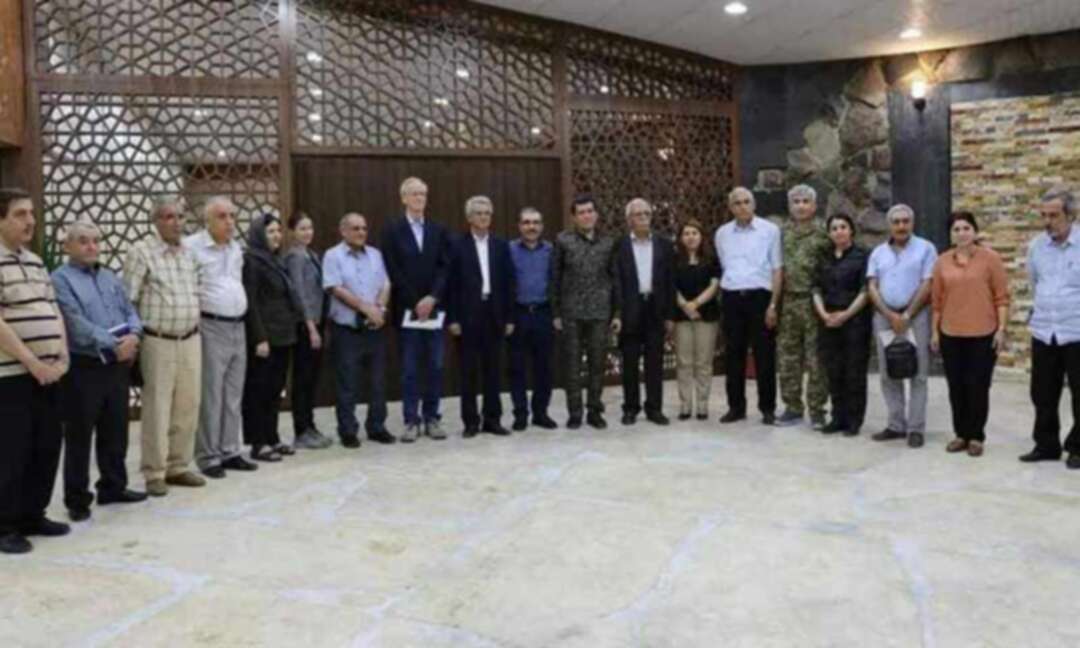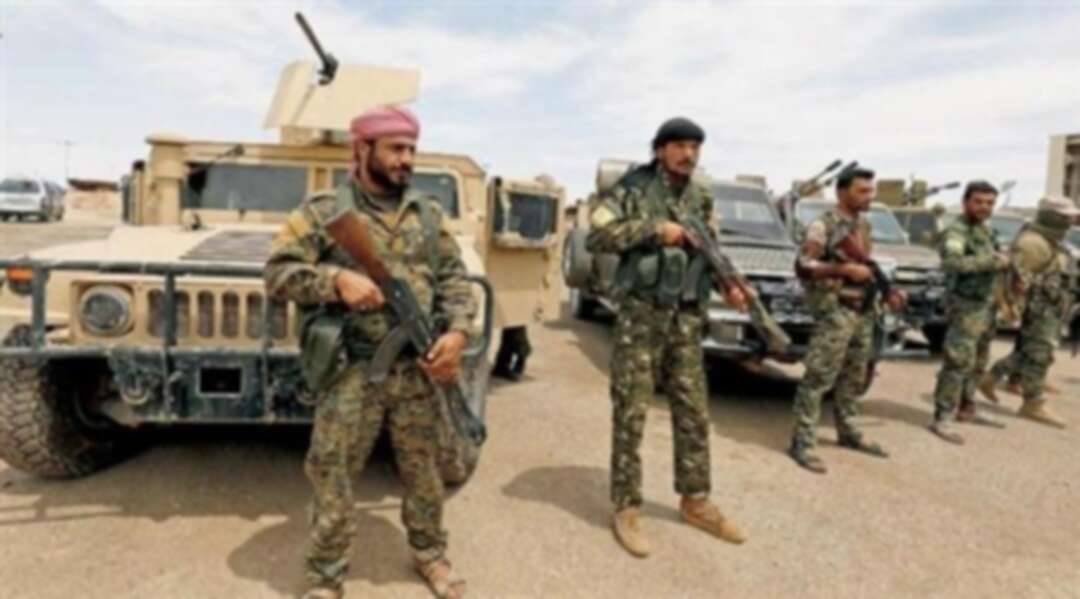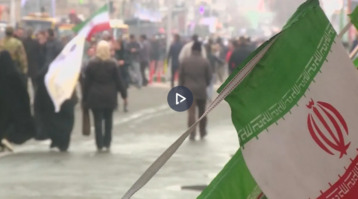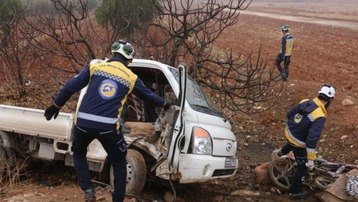-
Lebanese Man Exposes Hezbollah's Practices of Storing Weapons in Residential Areas
-
Assi's testimony reflects growing popular anger against Hezbollah, as many Lebanese accuse the party of endangering their lives by using residential areas as cover for its military operations
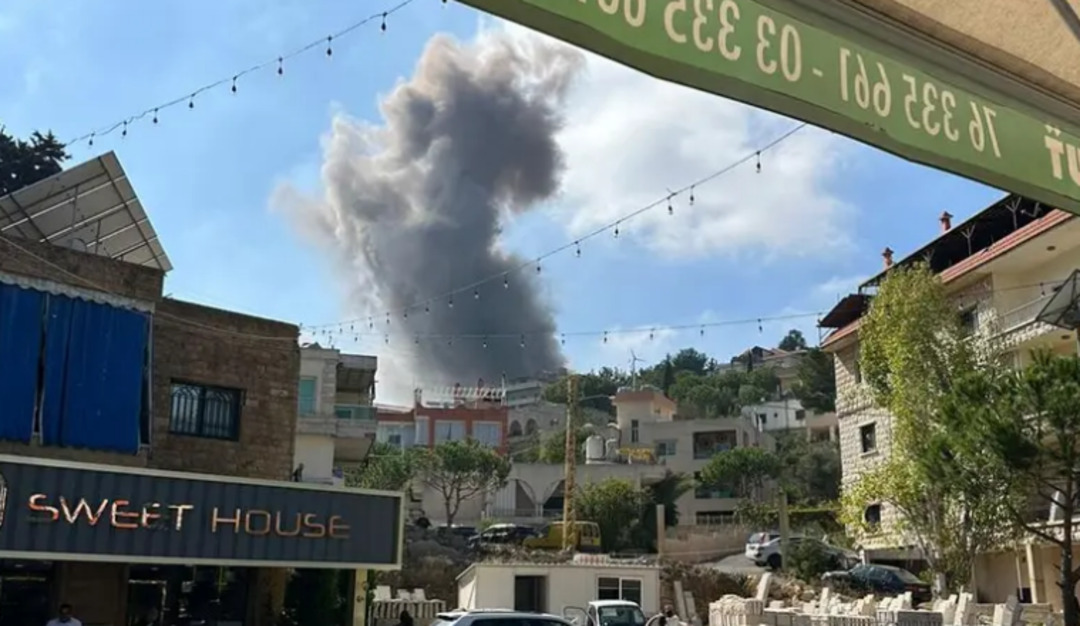
In a development revealing Hezbollah's involvement in endangering Lebanese civilians, Lebanese youth Ayman Assi published an emotional post on his Facebook page, exposing the party's practices of storing weapons and missiles in residential areas. Assi said: "Do you know how my nephew was martyred? My brother-in-law's neighbor rented out his shop, which is 50 meters away from my sister's house, and those who don't fear God put a rocket launcher in it."
In his post, which many Lebanese have shared over the past few hours, Assi indicated that he was forced to reveal this information "in the face of treason campaigns" apparently launched by Hezbollah. He added: "I didn't want to bring this up, but I want to tell those who accuse others of treason that you are without conscience, without morals, the dirtiest people, and for you, people are just numbers, nothing more."
Observers see this testimony as reflecting a state of growing popular anger against Hezbollah, as many Lebanese accuse the party of endangering their lives by using residential areas as cover for its military operations. Many have questioned why Hezbollah leaders continue to be present in densely populated neighborhoods, despite knowing they are targeted by Israel.
In a related context, the victim's mother posted an emotional comment saying: "It is religiously unforgivable for anyone to write above my son's picture 'martyr on the path to Jerusalem'," in a clear reference to her rejection of Hezbollah's discourse that describes victims of Israeli raids as "martyrs on the path to Jerusalem."
Experts point out that this incident raises serious questions about the extent of Hezbollah's commitment to protecting Lebanese civilians and highlights the high human cost that the Lebanese people are paying as a result of the party's policies. Since last September, Israel has intensified its raids on southern Lebanon and the southern suburb of Beirut, resulting in the death of about 1,200 civilians and the displacement of more than 1.2 million people.
In light of these developments, popular pressure on Hezbollah to stop using civilian areas as military sites is increasing, with escalating calls to protect civilians and spare them the ravages of conflict. The question remains about the extent of the party's response to these demands and how the international community will deal with these serious violations of international humanitarian law.
Levant-Agencies
You May Also Like
Popular Posts
Caricature
Syrians' concerns now
- December 10, 2024
Syrians' concerns now #Syria
#Bashar_al-Assad
#Liberation_of_Syria
#Syrians
#Future_of_Syria
#Levant_News

opinion
Report
ads
Newsletter
Subscribe to our mailing list to get the new updates!

